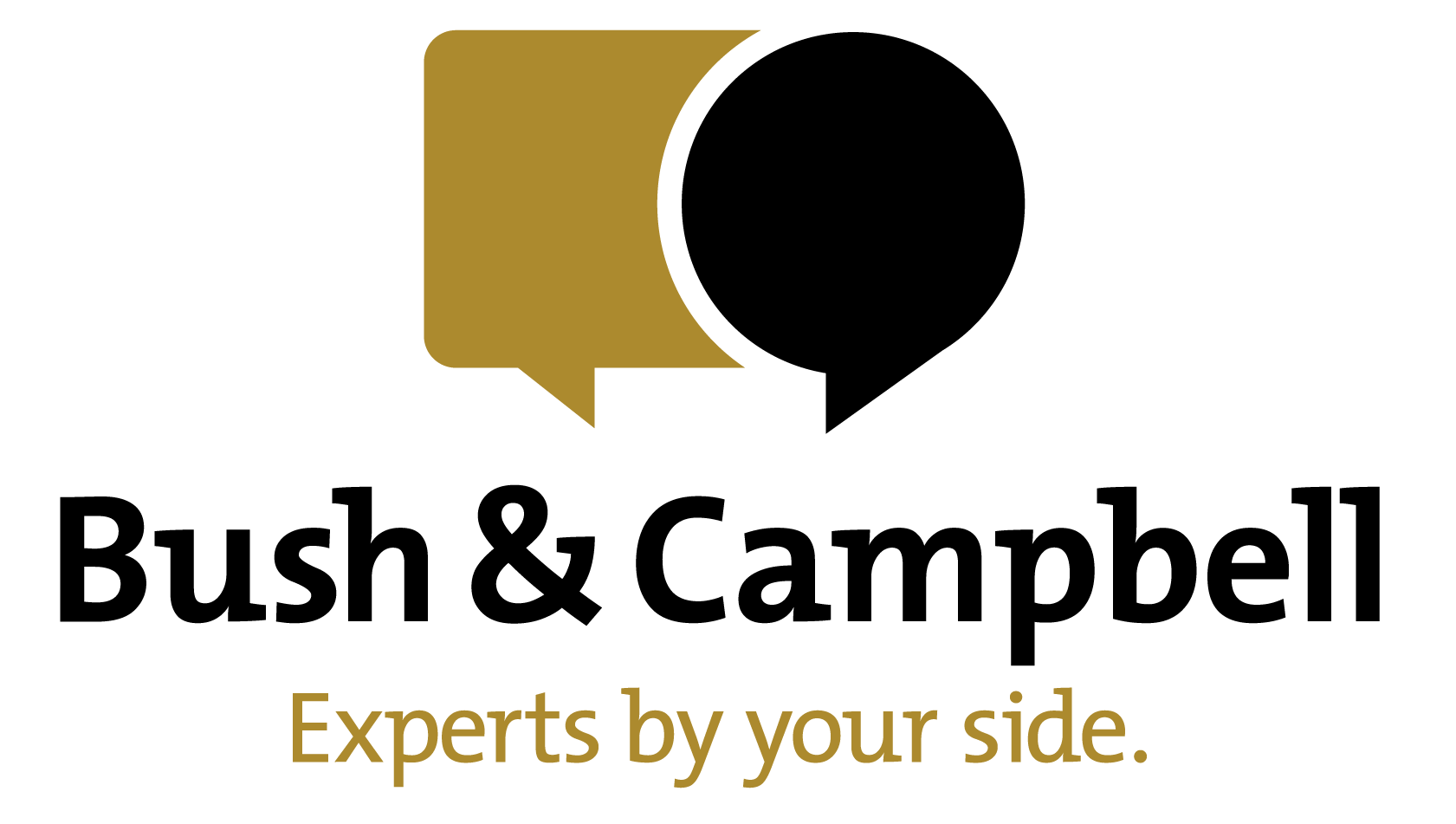How to keep your Christmas party tax-free
Throwing a Christmas party for your staff can be a great way to show appreciation and have some fun, but tax implications of a party can be surprising and costly.
Before hosting a staff Christmas party, employers should be aware that the majority of the time, a party would be considered ‘entertainment’ and is therefore not tax-deductible. Depending on the nature of the event you may have to pay fringe benefits tax (FBT), which is a tax that applies when an employer provides a benefit other than a regular wage or salary to their employees.
Luckily, there are some exemptions of FBT that could save your business some money. Minor benefits are provided to employees on infrequent occasions for expenses of $300 or under, so limiting the cost to $300 per head your party will keep things tax-free.
For taxation purposes, the party would be considered ‘entertainment’ if it was held at a venue such as a restaurant, cafe, theatre, or nightclub. Tax can be avoided by hosting the party on business premises on a working day.
Having the party guest list restricted to current employees can keep the event FBT free. If employees bring an associate, they can still be exempt from FBT given that the cost of the employee’s guest does not exceed $300, inclusive of GST. If the cost is more than $300, FBT is applicable on the associate’s portion of food and drink, however, a tax deduction and GST credit can be claimed. FBT does not apply to the cost of clients attending the Christmas party, however, their portion of the cost cannot be claimed as an income tax deduction or GST credit.
Another option to consider when dealing with FBT paperwork is the 50-50 split method, where the Christmas party would be subject to an FBT liability of 50% of the total cost, making it tax-deductible. The other 50% of costs would be non-deductible irrespective of whether it was provided to employees or their associates.

